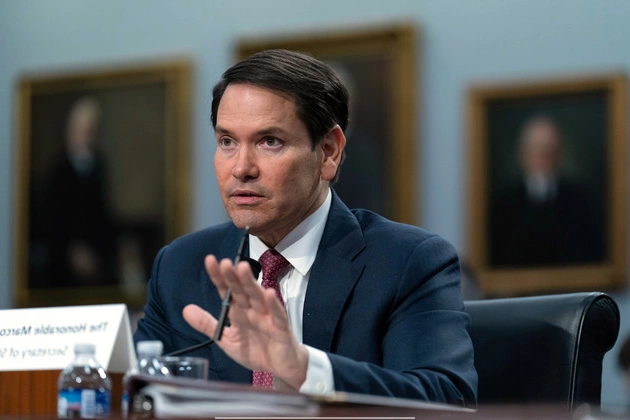
President Donald Trump’s recent visa clampdown has sent shockwaves through the higher education sector, particularly impacting U.S. universities that heavily rely on international students for revenue and diversity. The State Department’s decision to halt visa interviews and Secretary of State Marco Rubio’s announcement of visa revocations for Chinese students in specific fields have created uncertainty and financial strain for many institutions.
Financial Ramifications for Universities
Elite institutions like Harvard have been the primary target of Trump’s crackdown on wealthy universities with substantial endowments. However, public universities in states like Arizona, California, Illinois, Michigan, and Texas, which attract a significant number of international students, are also feeling the heat. These students, who pay higher out-of-state tuition fees, contribute millions of dollars to university budgets.
The reliance on international students has become a necessity for universities facing reduced state funding and budget cuts. A drop in foreign enrollment could not only affect tuition revenue but also impact financial aid for domestic students and teaching resources on campus.
Challenges Faced by Students
For international students, the visa pause comes at a critical time known as ‘visa season,’ when they finalize their study plans for the upcoming academic year. The uncertainty surrounding visa interviews and the threat of revocations have left many students in limbo, unsure of their educational future in the U.S.
The University of California, a prominent institution that heavily relies on international students for revenue, has expressed concerns over the interview delays and urged the State Department to resume visa processing promptly to ensure a smooth transition for applicants.
Impact on U.S. Higher Education
The broader implications of the visa clampdown extend beyond individual universities. The Trump administration’s series of actions against international students, including visa reversals and restrictions on Optional Practical Training programs, have created a perception of unwelcomeness among foreign nationals.
While the administration justifies these measures as safeguarding national security and American interests, critics argue that they undermine the values of higher education and free inquiry. The ongoing turmoil has raised concerns about the future of international education in the U.S. and its impact on academic freedom.
Looking Ahead
As universities grapple with the repercussions of the visa clampdown, stakeholders are advocating for a balanced approach that prioritizes both national security and the principles of academic exchange. The evolving landscape of U.S. visa policies for international students underscores the need for collaborative efforts between educational institutions, policymakers, and advocacy groups to uphold the integrity of higher education.
Stay informed with the latest developments in visa regulations and their impact on U.S. universities as we navigate through these challenging times of uncertainty and change.











